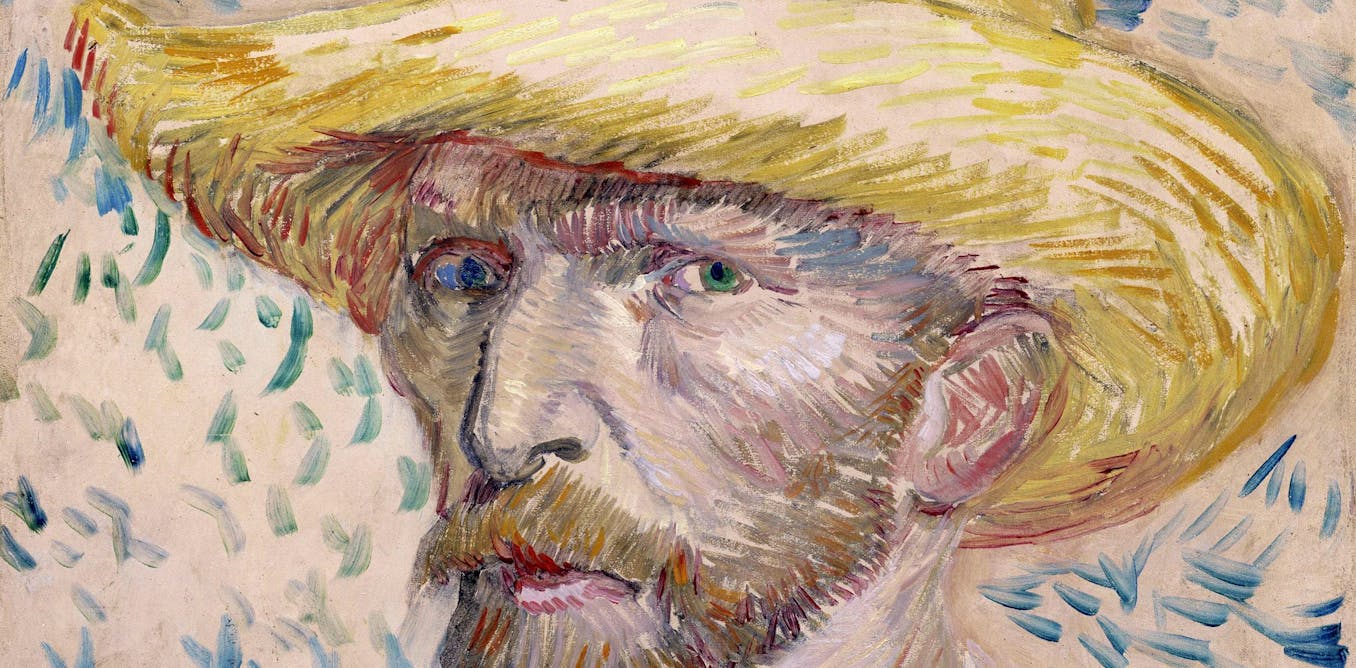🙂
– Michael, US
I’ll let you in on a not-so-surprising secret. If you share your email with the general public, be prepared for some weird things.
In case you don’t know, this column works on reader submissions. You can go to this page, type in a question, and I’ll try my best to respond to it eventually. Over the months, I’ve had some brilliant questions — thoughtful, funny, and relatable. Other times, I get the odd “this is not a question but a statement” email, which can range from genuinely considerate to unambiguously insulting. And finally, I get the peculiar ones. For example, I’ve had more than one person share their napkin calculations that prove some interdimensional spirituality and some emails that probably need a therapist more than a philosopher.
Then, I got today’s submission: an emoji. A smiling, yellow-faced emoji: 🙂
I very nearly hit the delete button — after all, this seemed like a mistake or a joke. But for some reason, my finger hovered over my mouse button. “There might be something to this,” I said to Gmail. After all, an emoji is more than a blank page or an insulting email. Emojis are interesting. They are a new, complex addition to our millennia-old efforts to communicate, and they have a social, cultural, and even philosophical story to tell.
So, why not? Let’s look at the emoji. To elicit some kind of actual question from a single, friendly smiley, I’m going to ask what emojis are doing more broadly to our ability to communicate. Is language impoverished or enriched by the addition of dozens of commonly used emojis? Are these tiny pictorial friends making it harder or easier to communicate? To answer that, we’ll look at George Orwell’s essay on the English language and then linguist Gretchen McCulloch’s theories from her book, Because Internet: Understanding the New Rules of Language.
Orwell: Lazy writing, lazy meaning
My dad is a doctor of psychology, and he’s authored enough books to fill up a shelf. He’s a well-read, highly intelligent, and erudite man, even if he’s a bit creakier than he once was. But my dad uses emojis all the time. He uses one emoji more than any other: 😎
“Hey, dad, I’ll be at yours around 4,” I’ll message.
“😎”
“Hi, dad, I managed to get that job I wanted at Big Think.”
“😎”
“My wife is pregnant, I just climbed Everest, I translated some lost gnostic gospels, and I’ve learned how to talk to squirrels.”
“😎”
There is nothing mean about my dad’s over-reliance on the sunglasses emoji, but it’s just that he thinks that it conveys enough meaning to count as adequate communication. I do not. The problem with using emojis is ambiguity.
In some ways, emojis are a kind of visual metaphor. I have to assume that the sunglasses mean “cool” and that “cool” accounts for the entire gamut of my dad’s paternal feelings. But if they are metaphors, they are what Orwell calls “stale metaphors” — they are overused to the point of becoming useless. As Orwell put it: “By using stale metaphors, similes, and idioms, you save much mental effort, at the cost of leaving your meaning vague, not only for your reader but for yourself.” He goes on to say that when we use clichés — and emojis are often this — “they will construct your sentences for you — even think your thoughts for you, to a certain extent — and at need they will perform the important service of partially concealing your meaning even from yourself.”
When we use emojis in place of everyday language, we reduce our meaning. There are thousands of emojis available on most platforms, but in reality, most people use fewer than a dozen or so on a regular basis. As a result, we shoehorn our complex reactions and nuanced communications into the limited scope of these emojis. My dad wrenches and stuffs his feelings into the quick click of his 😎 emoji. For Orwell, this means both he and I are worse off because of it.
McCulloch: A world inside an emoji
Of course, this Orwellian analysis of emojis hinges on one major problem. While emojis might be metaphors in the sense that they represent meanings, feelings, ideas, and so on, they are far, far more fluid than any “stale metaphor.” In fact, emojis are much closer to words in just how nimble they can be. Take Michael’s smiley, for example. The context and use completely change what’s meant.
Consider these sentences:
“Great job on that presentation! 🙂”
“Sorry, I left early. We okay? 🙂”
“Sure, whatever you want to do. 🙂”
“Can you bring some ice cream home as well? 🙂”
In each case, the meaning of the smiley is different. It adds a different spin to the entire sentence and gives nuance. In Because Internet, McCulloch talks us through a linguistic smorgasbord of uses for the common emoji. They are substitutes for physical gestures, or, for other words. They can express emotion or an idea. They have their own nuanced cultural variability. For example, the smiling poo emoji can be a common way to politely and gently say “I don’t like that” in Japan. But it can also mean good luck. Emojis are slippery and nearly impossible to pin down — not least because they will also have private, in-house meanings for various families, friendship circles, or interest groups. In short, they are just as complicated as any other word, and, far from diminishing our language, they offer greater variety to it.
What an eggplant
So, what am I to make of Michael’s smiley emoji? On the one hand, Orwell is right. Without more to work from, I’m left guessing what Michael means by it. Is he a super fan offering his grinning support? Is he a professional academic, patronizing me with a condescending smirk? Or is he a serial killer leaving a cryptic clue to his next murder? It’s hard to tell.
But then, as McCulloch points out, this is exactly how words work, too. A one-word email is likely to be interpreted in many ways. If he’d typed “Hi Jonny… Eggplant.” I’d be scratching my head just as much as with his emoji (but drawing one, obvious interpretation). In fact, it’s telling that dictionary.com now has a whole section devoted to defining emoji meanings — just as hard and just as fun as any lexicographical job.
So, to wrap up this week’s admittedly contrived question, I think we have to conclude that emojis neither enrich nor impoverish our language — but, like all words, they need to be used correctly. All of which is 1,000 words for me to get my dad to write a bit more than 😎.
This article Everyday Philosophy: Do emojis help or hurt our language? is featured on Big Think.

The post “Everyday Philosophy: Do emojis help or hurt our language?” by Jonny Thomson was published on 10/18/2024 by bigthink.com


































Leave a Reply